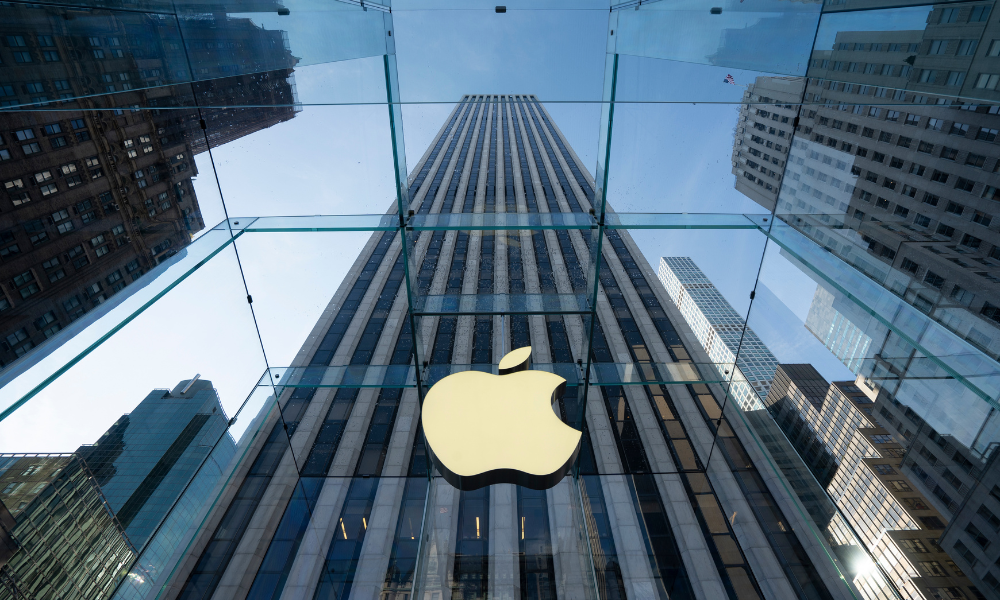Apple faces $900 million tariff hit as it returns to market with first bond offering in two years

Apple Inc. and General Motors Co. returned to the bond market Monday, raising a combined US$6.5bn as companies rushed to issue investment-grade debt ahead of the Federal Reserve’s rate decision, as reported by BNN Bloomberg.
Analysts viewed the deals as a test of investor appetite amid persistent uncertainty over President Donald Trump’s trade policies.
Apple’s US$4.5bn bond deal marked its first sale in two years, according to Reuters.
The company offered four tranches: US$1.5bn in three-year notes and US$1bn each in five-, seven-, and 10-year notes.
A source familiar with the matter said Apple’s order book exceeded US$10bn.
The company stated that proceeds would go toward stock repurchases and debt repayment, with US$8bn in debt maturing between May and November.
As reported by BNN Bloomberg, the 10-year note—the longest portion—was priced at a yield 0.5 percentage point above Treasuries, lower than the initial discussions of 0.7 percentage point.
Apple warned Thursday that tariffs would raise its costs by about US$900m this quarter.
GM offered US$2bn in bonds, including a US$500m 10-year note yielding 1.95 percentage points over Treasuries, according to a person familiar with the deal.
The offering follows GM’s recent downgrade of its full-year profit forecast and its suspension of 2025 earnings guidance.
This was GM’s first sale at the holding company level in more than two years, though its financing arm regularly sells debt.
Both Apple and GM had delayed their offerings due to volatility from Trump’s shifting trade policies.
Apple and GM were among nine borrowers issuing US$14.45bn in high-grade bonds on Monday.
Total weekly issuance was projected to reach US$40bn, with most deals expected early in the week before the Fed’s policy announcement Wednesday.
Reuters reported that the investment-grade primary market saw nearly US$35bn in new debt offerings on Monday alone. Other issuers included Comcast, DTE Electric, and mortgage lender PennyMac.
Many companies accelerated deals to avoid post-announcement volatility.
Apple’s strong order book reflected broader demand for high-quality credit.
According to Reuters, Payden & Rygel’s Natalie Trevithick expected US$12bn–$13bn in supply Monday with investor demand near US$58bn.
She described the day’s activity as “a lot of high-quality names” and noted some deals had been delayed from April.
A second investor told Reuters Apple typically times its offerings when spreads tighten.
Average investment-grade bond spreads narrowed to 106 basis points Friday—three points below the previous day—after Trump’s recent tariff relief.
Still, some analysts recommended caution.
CreditSights analysts Jordan Chalfin and Michael Pugh wrote in a note Monday that “we don’t think this offering looks very attractive given the tariff headwinds and significant uncertainty associated with those.”
Dan Krieter, director of fixed income strategy at BMO Capital Markets, noted that the bond rush followed six consecutive weeks of outflows from investment-grade funds, the longest stretch since November 2022.



